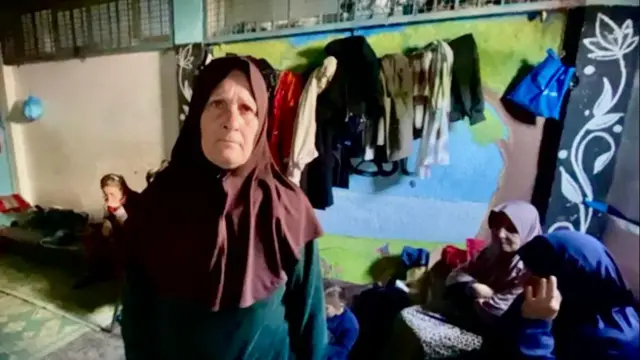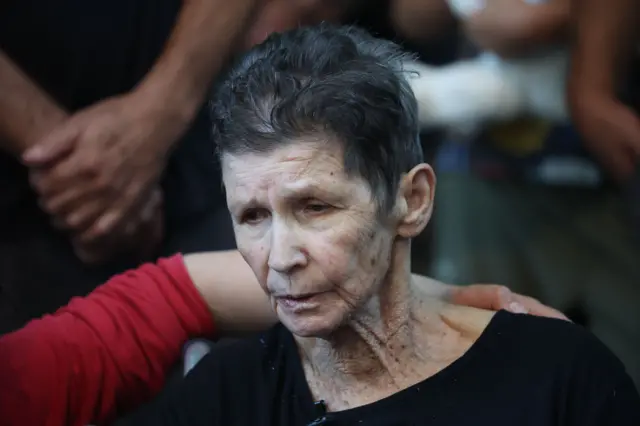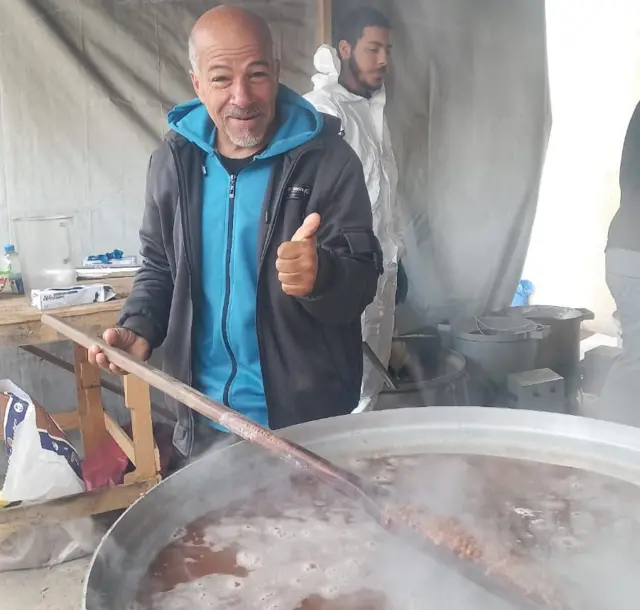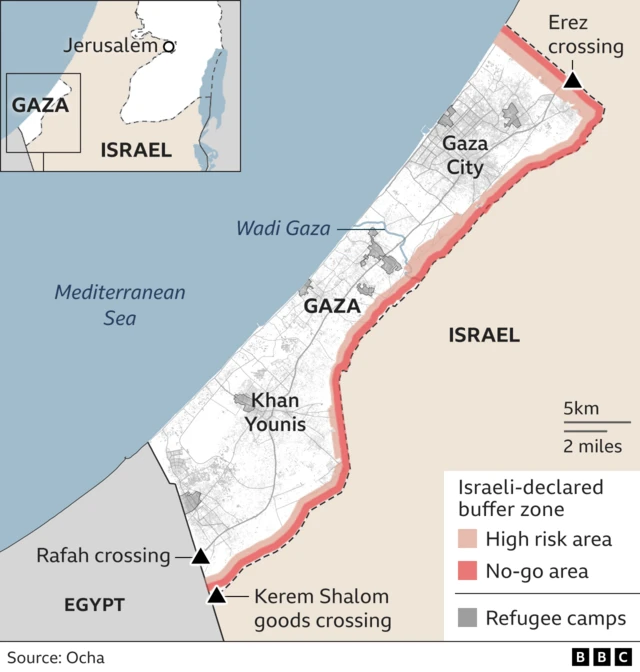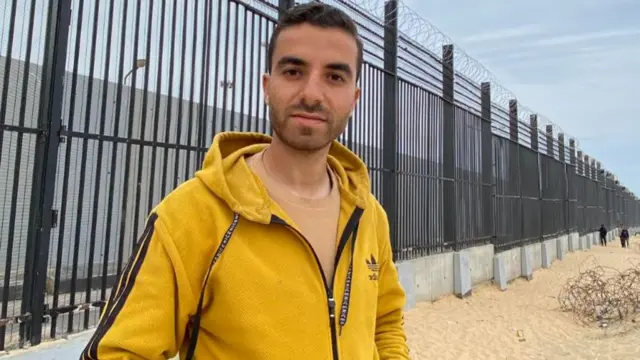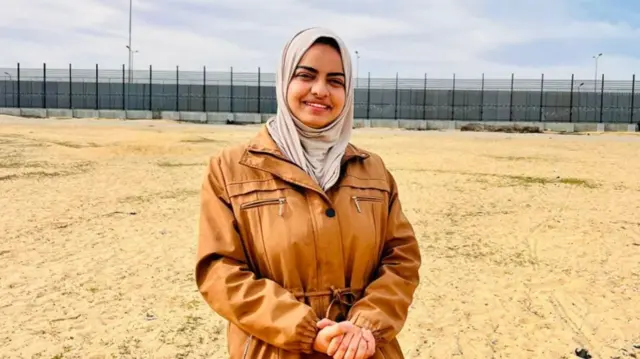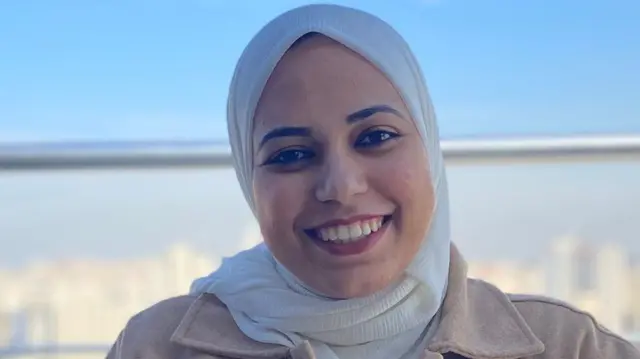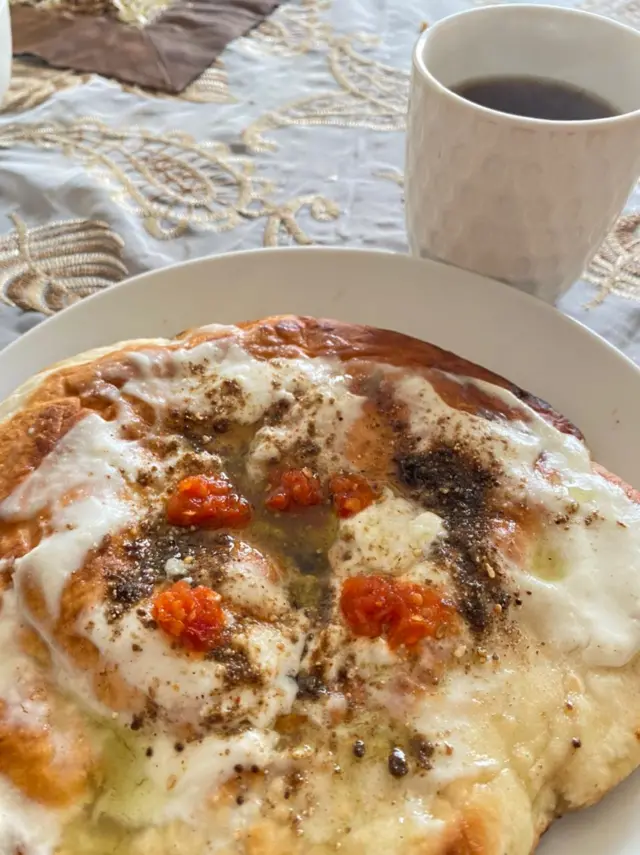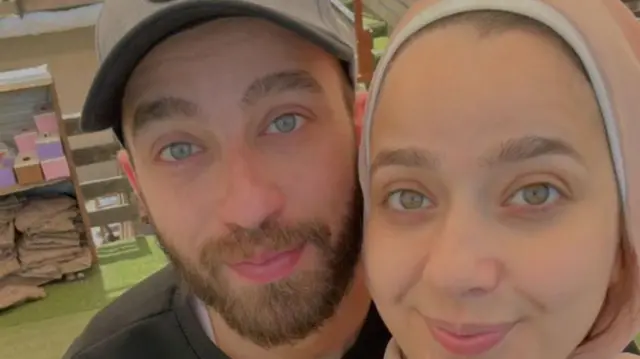'I heard a bomb last night. I felt terrified'published at 09:37 GMT 27 February 2024
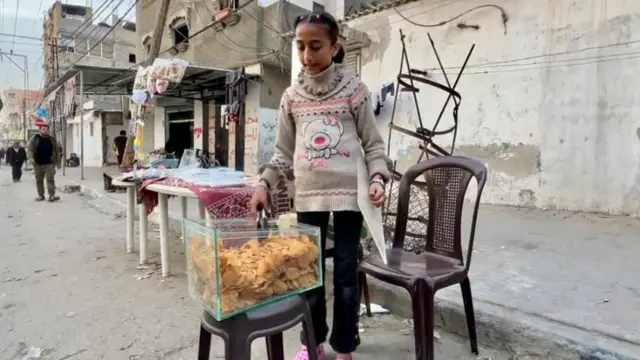 Image source, Malak Al Deirbi
Image source, Malak Al DeirbiMalak Al Deirbi is 12-years-old and sells crisps to help feed her family. She tells us what last night was like in Rafah:
I am now out sitting at my booth and selling. I heard the bomb last night.
It was very close and the sound was very loud. I am scared. I felt terrified. We thought they would bomb more.
